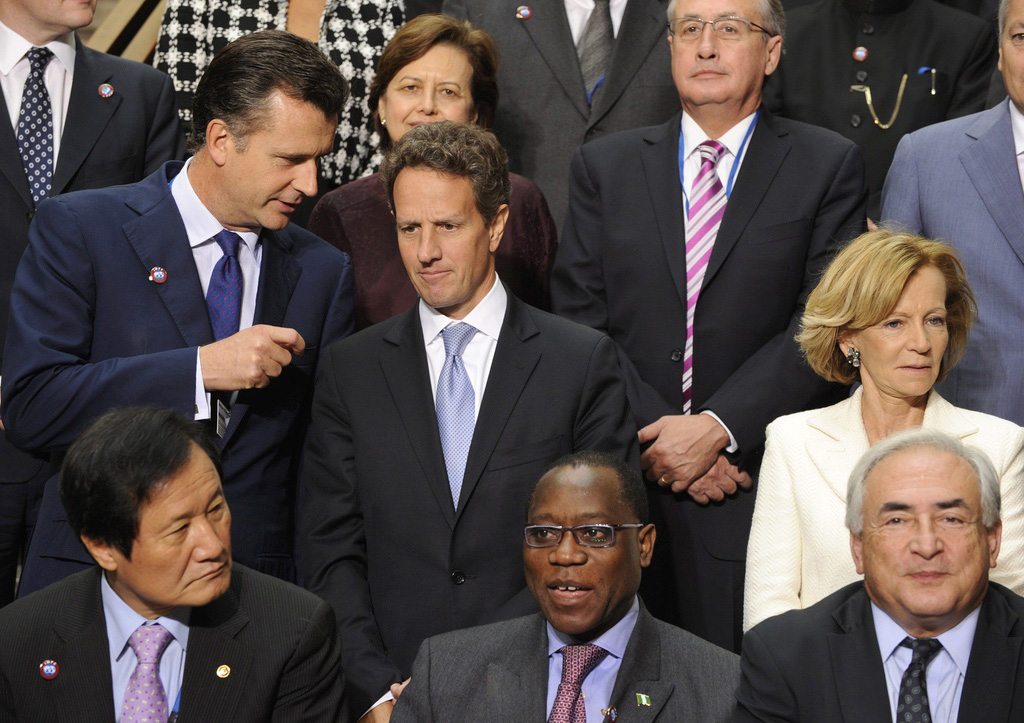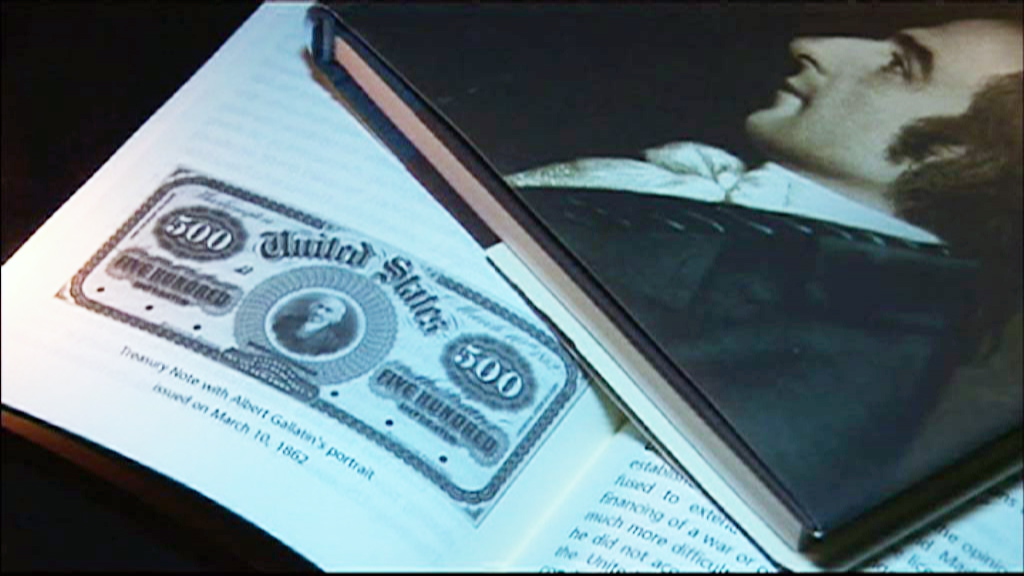Naming of Hildebrand’s successor to take time

The government has called for clarification on the supervision of the central bank following the resignation of the bank chairman over controversial currency deals.
Finance Minister Eveline Widmer-Schlumpf said it could take several weeks and potentially months before the cabinet appoints a successor for Philipp Hildebrand, who stepped down on Monday.
Widmer-Schlumpf said the cabinet wanted the Swiss National Bank (SNB) vacancy to be filled as soon as possible.
She added that the interim chairman, Thomas Jordan, would ensure the current monetary policy.
Widmer-Schlumpf could give no definite timetable for the appointments of a third member of the three-member policy-setting governing board and the post of chairman.
Under legislation from 2003, the National Bank supervisory council recommends candidates for the posts to the cabinet which then makes the final appointment.
Responsibilities
A controversy has been raging over the exact responsibilities of the three central bank governors, the supervisory council and the cabinet.
Widmer-Schlumpf said the National Bank was independent and it was up to the SNB supervisory council to oversee the members of the governing board.
“The cabinet has no supervisory powers,” she told a news conference on Wednesday.
However, the strongman of the rightwing Swiss People’s Party, Christoph Blocher, has repeatedly criticised the government for allegedly neglecting its controlling role towards the central bank.
Blocher, a political rival of Widmer-Schlumpf and an outspoken opponent of Hildebrand’s, led calls for the resignation of bank chairman, accusing him of insider trading.
The government plans to ask for a report to specify the competence and responsibilities of the bank and the cabinet.
It welcomed moves by the supervisory council to review private currency transactions by members of the three-member directorate over the past three years.
Jordan
Jordan, 48, enjoys a solid reputation after joining the SNB in 1997 and climbing up through the ranks. He has largely an academic background; he received his doctorate from Bern University and did postgraduate work at Harvard.
Before his appointment, Jordan headed the financial markets unit and for the past two years oversaw the regulatory department, which is pushing for flagship banks UBS and Credit Suisse to solidify their balance sheets.
According to a banking specialist cited in the German-language newspaper Der Bund, the new president embodies “typical Swiss characteristics” and is considered to be more restrained than Hildebrand.
Rudolf Strahm, a former Social Democrat parliamentarian, told the Cash news website he was concerned Jordan would be too focused on inflation “and ignore the problems of the real economy.”
“Jordan admittedly played an excellent role in the whole ‘too-big-to-fail’ banking story,” he told the Cash online business news site. “But you cannot trust him on monetary policy.”
Strahm pointed to the Bern professors who contributed to Jordan’s financial education and training, who he claimed were dogmatic monetarists.
At the end of 2011, a rumour reached the media that SNB chairman Philipp Hildebrand had used his insider knowledge for personal gain.
First the media reported that the financial affairs of the Hildebrand family had been investigated by auditors and given the all clear.
Then details started emerging about an advantageous currency trade made by Hildebrand’s wife Kashya – a Swiss-American dual national. The implication was that she had inside knowledge about the bank’s plans to weaken the franc.
This was followed by revelations in some Sunday papers that the source of the information about the Hildebrands’ accounts was none other than Christoph Blocher, former justice minister, and deputy chairman of the right wing People’s Party. Then it turned out that he’d got the information from an employee of Sarasin Bank.
The next bombshell: the Weltwoche weekly magazine, which is close to the People’s Party, announced that it had “proof” that Philipp Hildebrand himself, not just his wife, had indulged in insider dealing.
Hildebrand spoke to the media on January 5, 2012, denying any wrong doing and completely rejecting calls for his resignation.
On January 9 Hildebrand faced the media again, this time to resign after realising he could not prove that he had been unaware of his wife’s transactions.
Hildebrand will receive a full year’s salary of about SFr862,000 ($900,000), the National Bank said on Wednesday.
(With input from Alexander Kuenzle)

In compliance with the JTI standards
More: SWI swissinfo.ch certified by the Journalism Trust Initiative





You can find an overview of ongoing debates with our journalists here. Please join us!
If you want to start a conversation about a topic raised in this article or want to report factual errors, email us at english@swissinfo.ch.